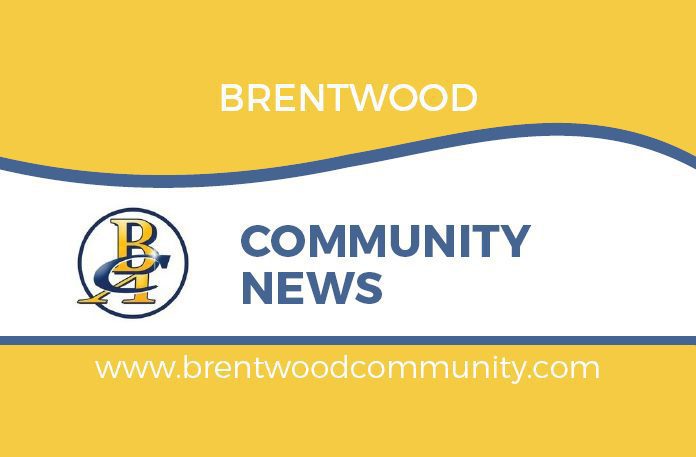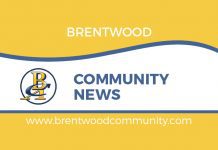by Rosemary Brown
Carole-Ann Hilton is Hesquiaht from the west coast of Vancouver Island, and traces her ancestry to the Ahousaht Nation, also on the west coast of Vancouver Island, and Makkah Nation on the Olympic Peninsula. She is the founder and CEO of the Indigenomics Institute, is an Adjunct Professor at the Royal Roads University School of Business in Victoria, and holds an MBA from the University of Herefordshire in England.
In her 2022 book Indigenomics: Taking A Seat at the Economic Table, Carole Ann Hilton makes an eloquent argument for why we should integrate Indigenous understandings of economy into the business decisions we make, not only in Canada but around the world.
She lays out common aspects of Indigenous world views, contrasts these with Western views, challenges narratives about the foundations on which Canada was built, and debunks many of the common myths and stereotypes about Indigenous peoples—in particular about how much “is given” to Indigenous peoples at “our” expense, and that Indigenous peoples are a drain on the economy. This latter myth permeates the thinking of many Canadians, as demonstrated by recent comments by a Lac La Biche County Councillor in discussions about a request from the Beaver Lake Nation for $36,000 to repair an intersection of a road on the reserve.
Hilton also highlights the number of court cases initiated by Indigenous peoples protecting their land and water base from unbridled resource extraction and how these have changed the power dynamics between Indigenous nations, corporations, and the government; and notes numerous successful Indigenous economic initiatives that integrate Indigenous world views.
Hilton paints a backdrop of a contracting world economy in crisis, the incompatibility of the growth imperative with finite resources, increasing economic disparity, and the ecological crisis as the rationale for why we need to look to different ways of designing our economies. She echoes those who argue that more economic models exist than capitalism and socialism and asserts that Indigenomics is one of these.
The way forward is laid out in the UN Declaration on the Rights of Indigenous Peoples, and the 94 Calls to Action of the Truth and Reconciliation Commission. The Federal government can continue to resist true nation-to-nation relationships when it comes to decision-making around resource extraction industries, or it can find new ways of doing business that would incorporate Indigenous ways of knowing about the relationships among humans and the natural world and the responsibilities we have to each other. Hilton argues that the risk of not changing is too high for all of us.
This book will challenge our thinking about economies and business and at the same time point a path forward into the future for Indigenous and non-Indigenous alike.
Click here to the Brentwood Community News home page for the latest Brentwood community updates.





